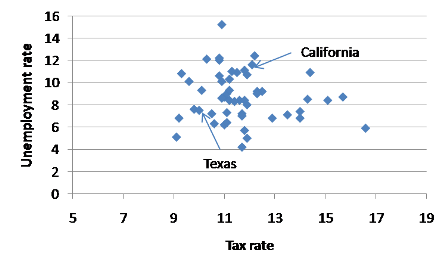Mott the Hoople
Sweet Jane
And on other peoples property. They not only could, they did and that was what lead to the creation of the EPA.Oh I agree with you completely on this one.
Without the EPA, anyone could dump anything they like on their own property.
Here's the primary logic behind anti-pollution regulations. People as individuals have private property rights and people as groups have certain public property rights and no individual or group has the right to damage another person or groups private or public property with their trash/waste/hazardous waste. It is EPA's role and function to protect both human health and the environment while preserving private and public property rights.


